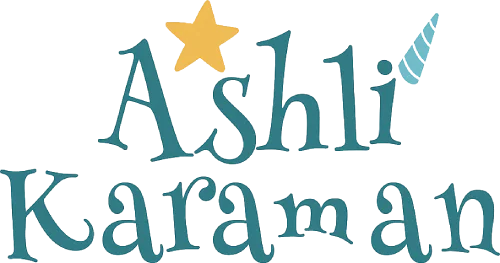The Power of Play
Why Preschool Is Where Real Learning Happens

If you ask a preschooler what they did at school today, they’ll almost always shrug and say, “Played.”
To an adult, that might sound like code for “nothing educational happened.” But here’s the truth every early childhood educator knows play is learning. It’s the foundation, the magic, and the secret sauce of childhood development.
Learning in Disguise
In my years of running a preschool, I watched children learn physics by launching toy cars off ramps, practice math by stacking blocks, and test social theories through dramatic play (“you be the chef, I’ll be the dragon”). Every giggle, argument, and glitter explosion was a step toward growth.
The untrained eye might see chaos. I saw brilliance.
When children play, they experiment. They take risks. They problem-solve. They learn empathy by sharing a toy, and resilience when their tower tumbles down. Play is their natural language, and it teaches lessons that no worksheet ever could.
I remember one mom who asked me, “Why don’t you do more worksheets?”
I simply pointed across the room at her daughter, head bent over a notepad in our pretend restaurant, “writing” a menu.
“She’s writing, planning, negotiating, and storytelling,” I said. “That’s literacy, creativity, and executive function all in one.”
The mom smiled. She never asked again.
Why Play-Based Learning Works
Children’s brains are wired for exploration. Research supports what educators see every day hands-on, imaginative play builds neural pathways, enhances emotional regulation, and develops critical thinking. When children are allowed to tinker, create, and wonder, they’re not just learning facts; they’re learning how to learn.
In our classrooms, “lessons” often looked like joyful messes. We had art corners that exploded with color, sensory tables filled with mystery textures, and block towers that defied physics (and gravity). Beneath that joyful chaos was real science brain-building in action.
The Joy Factor
Somewhere along the way, the education system began to confuse rigor with rigidity. But young children don’t thrive in rigidity, they thrive in joy. The magic of preschool is that joy and learning coexist.
The best teachers understand that “learning through play” isn’t a slogan; it’s a philosophy. It’s about respecting childhood as its own stage of development, not a race to the next one. Because preschool isn’t just preparation for kindergarten, it’s preparation for life.
Lessons Beyond the Classroom
Play teaches kids how to be human. It’s where they practice kindness, learn patience, and discover that failing isn’t the end, it’s the beginning of understanding.
And yes, it’s where they occasionally throw themselves dramatically on the floor over a missing crayon. (Honestly, we’ve all been there.)
These little moments the laughter, the “I did it!” squeals, the friendships born over spilled paint, that’s where the real curriculum lives.
Keeping the Magic Alive
As we move toward more structured education, I sometimes worry about what gets lost. When we trade curiosity for compliance, we dim the spark that drives discovery. But I’m hopeful because there are still teachers, parents, and advocates who see the value in childhood wonder.
Every time a teacher turns cleanup into a race or transforms a tantrum into laughter, they’re doing more than teaching; they’re preserving magic.
So the next time your child proudly hands you a blob of glue and glitter and calls it “art,” don’t ask what it’s supposed to be. Just smile and say, “Tell me about it.”
Because in that story lies the heart of early learning imagination, communication, and confidence.
Final Thought
Preschool isn’t where children prepare for the “real world.” It is the real world one filled with color, curiosity, and courage. When we honor play, we honor childhood itself.
So here’s to the messy masterpieces, the imaginary dragons, and the giggles that teach more than any textbook ever could. Because in the end, play isn’t a pause from learning, it’s the very heartbeat of it.
